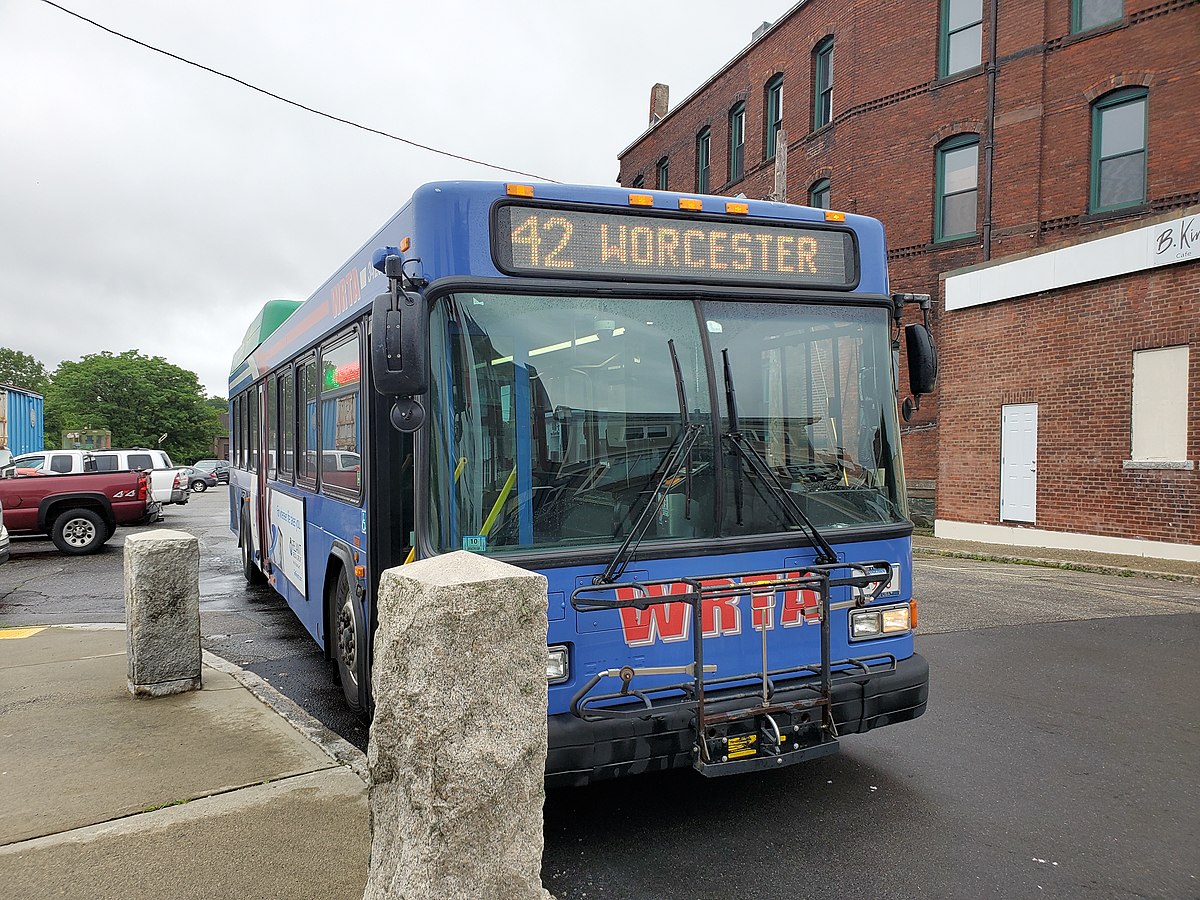In the last publication of The Scarlet on October 25, 2024, an article titled “Free Buses are Bad, Actually” argued why the Worcester Regional Regional Transportation Authority (WRTA) should start reinstituting fares on city buses: The fare revenue would fund increased bus frequencies, closer aligning the WRTA with its goals. However, in a 2024 conducted by polling agency MassINC, 70 percent of Worcester residents “somewhat” or “strongly” supported continuing the fare-free bus system. I agree with them, and I argue the drawbacks of bus fares far outweigh the gains. Here is why.
There is a common saying in business: KISS, short for Keep It Simple Stupid. Put simply, bus fares are a hassle. You have to educate the public about fare amounts and methods of payment. You have to go through the logistical complexities of on-bus fare collectors. What’s more, to ensure an equitable bus network the author of the article proposed distributing “fare-free bus cards” to all low-income residents based on neighborhood income. This just introduces another unnecessary complexity into the system. Think about the people new to Worcester who must figure out how to apply for a card before ever boarding a bus for free. Imagine the low-income families now having to pay fares for their new baby when they didn’t get an extra card. Do we really need to go through all this trouble?
There is also a bigger argument for fare-free buses: If buses cost money to ride, fewer people will ride them. If you’re one of the 93 percent of Worcester households who owns at least one car, and you hear you will now have to pay two dollars to ride the bus, won’t you start driving to work? Or won’t you start begging your friend or parents to drive you to school? The truth is, once agencies add anything you must have or must do to get on the bus, it becomes a hassle. It loses its status as a Free Magical Teleportation Machine, gaining instead connotations of “make sure you have your wallet or they won’t let you on!”. WRTA ridership in 2023 was 30 percent higher than before the pandemic when buses had fares according to the Worcester Regional Research Bureau (WRRB). I believe this is not all financial. I believe in 2019, riding the bus was just… kind of inconvenient.
And what happens when fewer people ride the bus? More people ride cars, of course! Bus fares will crowd our streets during rush hours, causing traffic, air pollution, and a lack of space in parking lots. And so much for Worcester’s road safety objectives. As many of you know, Worcester is notorious for its horrible pedestrian/cyclist safety: Last year sported over 2,800 vehicle crashes ending in 51 serious injuries or deaths—That’s about one every week! The choice is simple: We keep buses free or make the abysmal pedestrian experience even worse.
The author claims that with new fare revenue, WRTA could substantially increase bus frequencies, making buses come on such a basis where one would not need to check a schedule. Don’t get me wrong, cities need this level of frequency for transit to be effective. However, this would require at least doubling our bus service. In 2019, the last year of fares, fares constituted only 14 percent of WRTA’s operating budget according to the WRRB. This number would likely be smaller in 2024, as most bus riders would presumably be low-income and hence have a card. All these factors included, it is hard to see how fares could increase bus service even in the slightest—in fact, the salaries and offices of the new bus-fare-distribution team might even exceed the fare revenue gains, leading to a net loss on WRTA’s accounting sheets! Again, it’s better not to overcomplicate things.
So, what can we do to increase bus frequency, the bane of bus-riding Worcesterites’ existence and the reason ridership is as low as it is? I am not claiming to have a solution for you. Perhaps we could raise taxes or something—20 minute bus frequencies have no small cost, and I don’t know where this money would come from. What I do know, however, is that ridership fares alone will not do.
All in all, it is important to remember that transportation is a public good. As citizens of Massachusetts and of Worcester, residents have a right to get where they want to go quickly, easily, and for free. WRTA recognized this in 2020 when it established the policy, making it the longest-standing fare-free public transportation system in the country. Shouldn’t we want to keep our legacy?
Maybe there’s a reason 70 percent of Worcesterites want buses to stay free.

